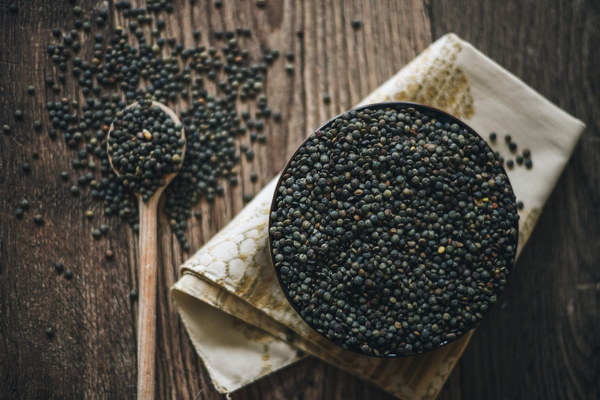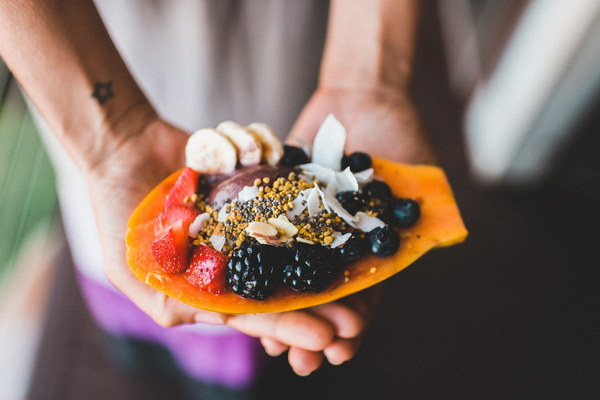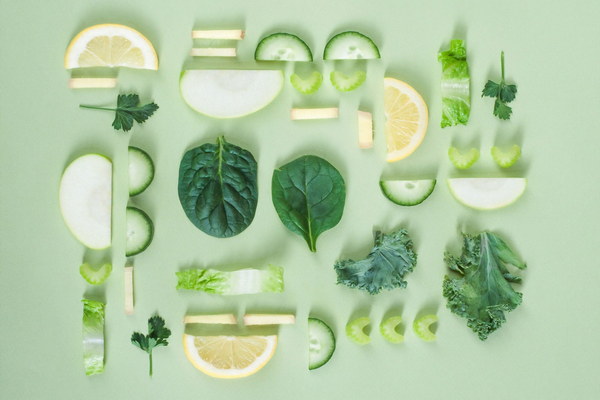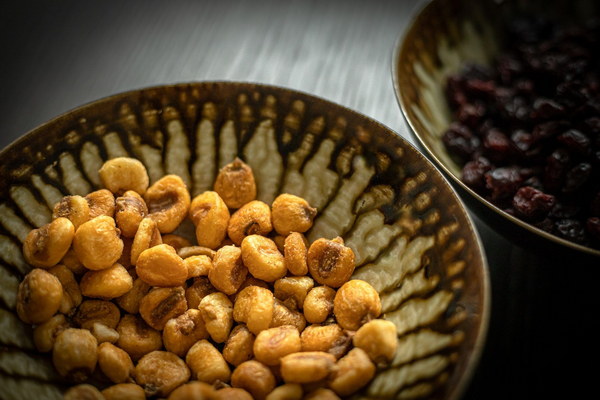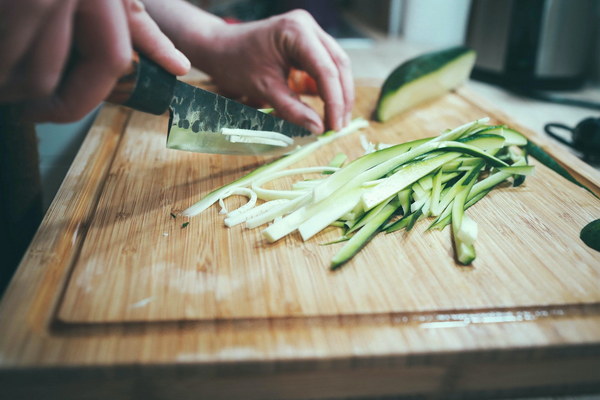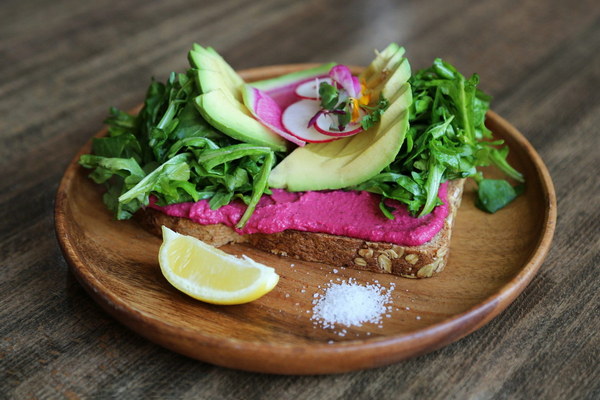Natural Remedies What to Eat for Rheumatoid Arthritis and Excessive Dampness
Rheumatoid arthritis (RA) is a chronic inflammatory disorder that primarily affects the joints, leading to pain, swelling, and stiffness. One of the contributing factors to RA is the presence of excessive dampness in the body, which can exacerbate symptoms and hinder healing. While medical treatment is crucial for managing RA, dietary adjustments can also play a significant role in alleviating dampness and improving overall health. Here are some natural remedies and foods that can help reduce dampness in individuals with rheumatoid arthritis.
Understanding Dampness in Rheumatoid Arthritis
In traditional Chinese medicine (TCM), dampness is considered a common pathogen that can lead to various health issues, including RA. Dampness is believed to be caused by an imbalance in the body's Yin and Yang, often resulting from an overconsumption of cold, damp foods or exposure to cold and damp environments.
Foods to Avoid
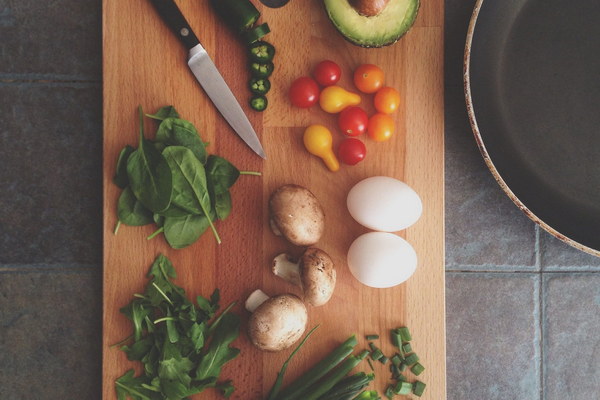
To reduce dampness, it's important to avoid certain foods that are known to exacerbate dampness in the body. These include:
- Cold and raw foods: Fruits and vegetables that are not properly cooked can contribute to dampness.
- Dairy products: Milk and dairy can be heavy and may exacerbate dampness.
- Processed foods: These often contain preservatives and other additives that can disrupt the body's balance.
- Sugary foods: Excessive sugar can lead to dampness and inflammation.
Foods to Include
On the other hand, there are many foods that can help to reduce dampness and support joint health in individuals with RA. Here are some key foods to consider incorporating into your diet:
1. Warm, cooked grains: Rice, oats, and quinoa are all warm, starchy grains that can help to balance dampness in the body.
2. Herbs and spices: Ginger, turmeric, and cinnamon are known for their anti-inflammatory properties and can help to warm the body and reduce dampness.
3. Broth-based soups: Chicken or fish broth soups can be soothing for the joints and help to nourish the body.
4. Leafy greens: Spinach, kale, and Swiss chard are rich in vitamins and minerals and can help to support the liver, which plays a key role in clearing dampness.
5. Nuts and seeds: Almonds, walnuts, and chia seeds are good sources of healthy fats and can help to reduce inflammation.
6. Fish: Oily fish like salmon and mackerel are high in omega-3 fatty acids, which have been shown to have anti-inflammatory effects.
7. Root vegetables: Carrots, beets, and sweet potatoes are warming and can help to dry out dampness.
8. Mushrooms: Certain mushrooms, such as shiitake and maitake, have been used in TCM to help expel dampness.
Herbal Remedies
In addition to dietary changes, certain herbal remedies can also be beneficial in reducing dampness and managing RA symptoms. Some common herbs used in TCM include:
- Astragalus: Known for its immune-boosting properties, astragalus can help to support the body's defense against dampness.
- Cordyceps: This medicinal mushroom is believed to enhance energy and reduce inflammation.
- Rehmannia: Often used to nourish the liver and blood, rehmannia can help to balance dampness.
Conclusion
While there is no one-size-fits-all solution for managing dampness in rheumatoid arthritis, incorporating a balanced diet rich in warm, cooked foods, herbs, and spices can help to reduce dampness and support joint health. It's always advisable to consult with a healthcare professional or a TCM practitioner before making significant changes to your diet or starting any new herbal remedies. By addressing the root cause of dampness, individuals with RA can work towards improving their overall quality of life.
